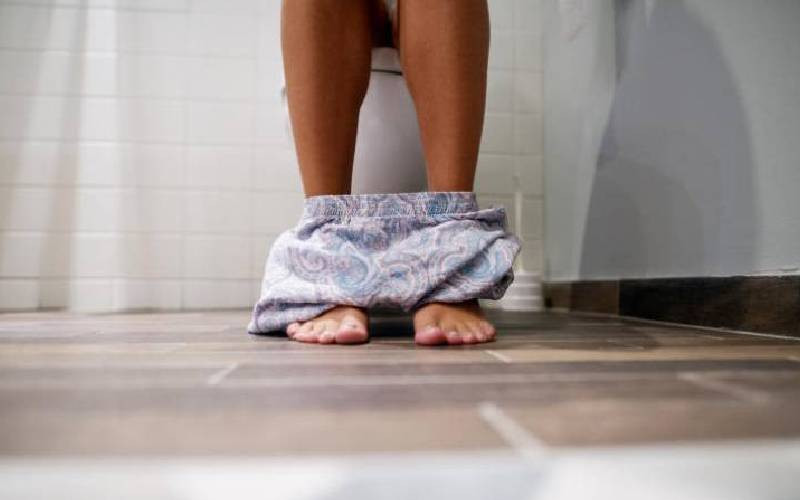Tired of rushing to the loo? Here's how to manage frequent urination

It often starts as an inconvenience that gradually becomes hard to ignore. Whether at work, during a commute, out with friends or trying to get a full night’s sleep, the frequent need to visit the toilet can disrupt everyday life.
For many, it’s not just about drinking lots of water. It’s the constant urge, the discomfort, or the feeling of never quite emptying the bladder. Frequent urination, defined as needing to go more than seven to eight times a day, affects people of all ages and can be both frustrating and exhausting.
While some trips to the loo are normal, especially after drinking lots of fluids, constantly feeling like your bladder is full can be a sign your body is trying to tell you something.
According to the US National Institute of Diabetes and Digestive and Kidney Diseases, frequent urination may be caused by an overactive bladder, nerve problems, infections or hormonal disorders such as diabetes.
However, not all cases require medication or hospital visits. Small daily changes and home remedies can help reduce those bladder-run marathons. Here are practical remedies you can try:
Keep a fluid diary
Track what and how much you drink in a day. Caffeinated drinks like coffee, energy drinks and even green tea can act as diuretics. Limit such drinks if you experience urgency or incontinence.
Practice timed voiding
Train your bladder by going to the toilet at scheduled times rather than waiting for the urge. Gradually increase the time between bathroom visits to strengthen bladder control. This method is supported by the American Urological Association.
Try pelvic floor exercises
Commonly known as Kegels, the exercises help strengthen the muscles that control urination. Regular practice can benefit both women and men, especially after childbirth or prostate issues.
Stay hydrated but smartly
Drink enough water, but not all at once. Space out your fluid intake throughout the day. Avoid large amounts in the evening to reduce nighttime bathroom trips, a condition known as nocturia.
Limit bladder irritants
Certain foods like citrus fruits, spicy meals, chocolate and artificial sweeteners can irritate the bladder lining. The Continence Foundation of Australia recommends an elimination test. Cut these out for a few days and observe any changes.
Watch out for hidden infections
If you notice a burning sensation, cloudy urine or a strong odour, you might have a urinary tract infection (UTI). See a healthcare provider for testing and treatment. According to the World Health Organisation (WHO), untreated infections can lead to complications such as kidney damage.
Manage stress and anxiety
Frequent urination is sometimes linked to emotional triggers. Stress-relieving habits such as walking, journaling or deep breathing can lower cortisol levels and reduce bladder overactivity.
If lifestyle changes do not help, consult a healthcare professional.













